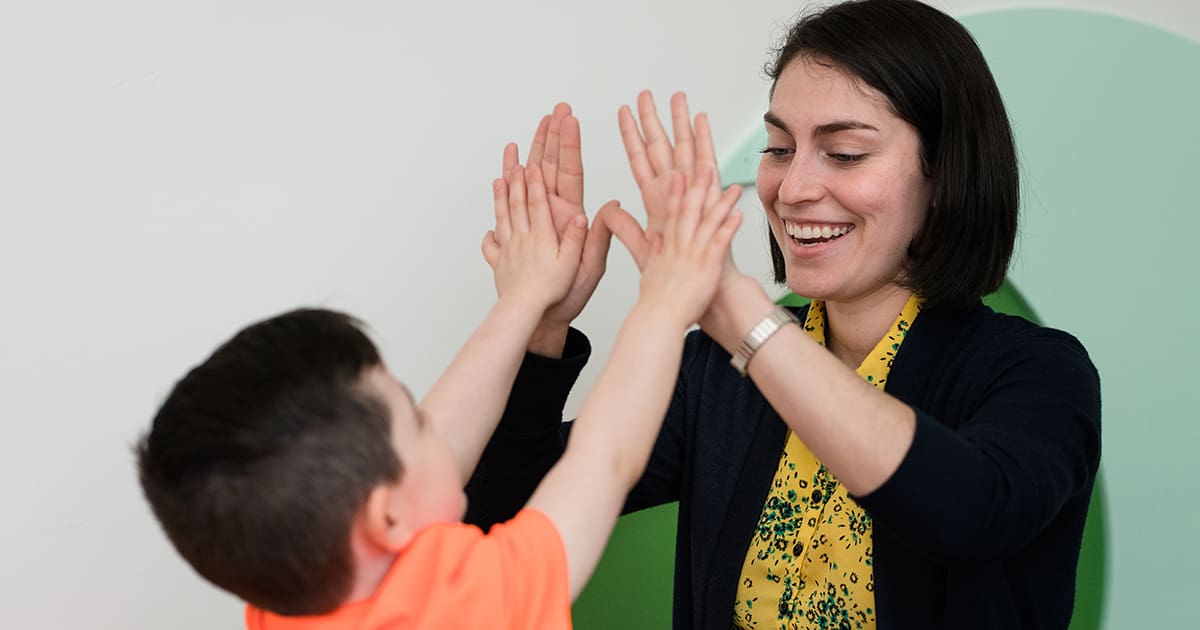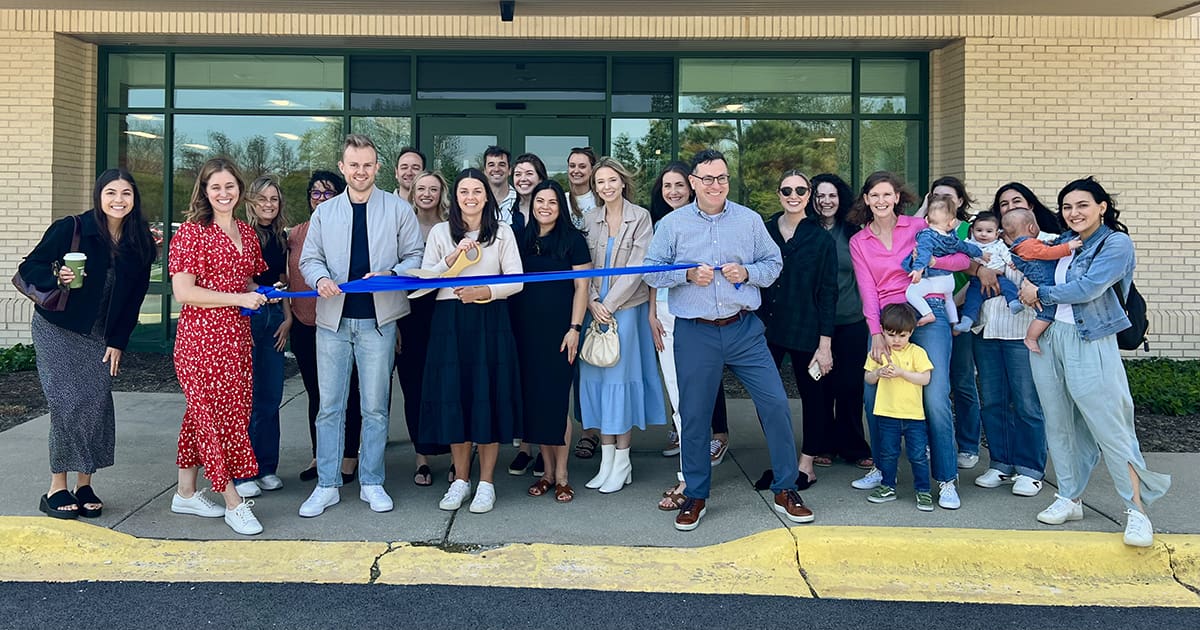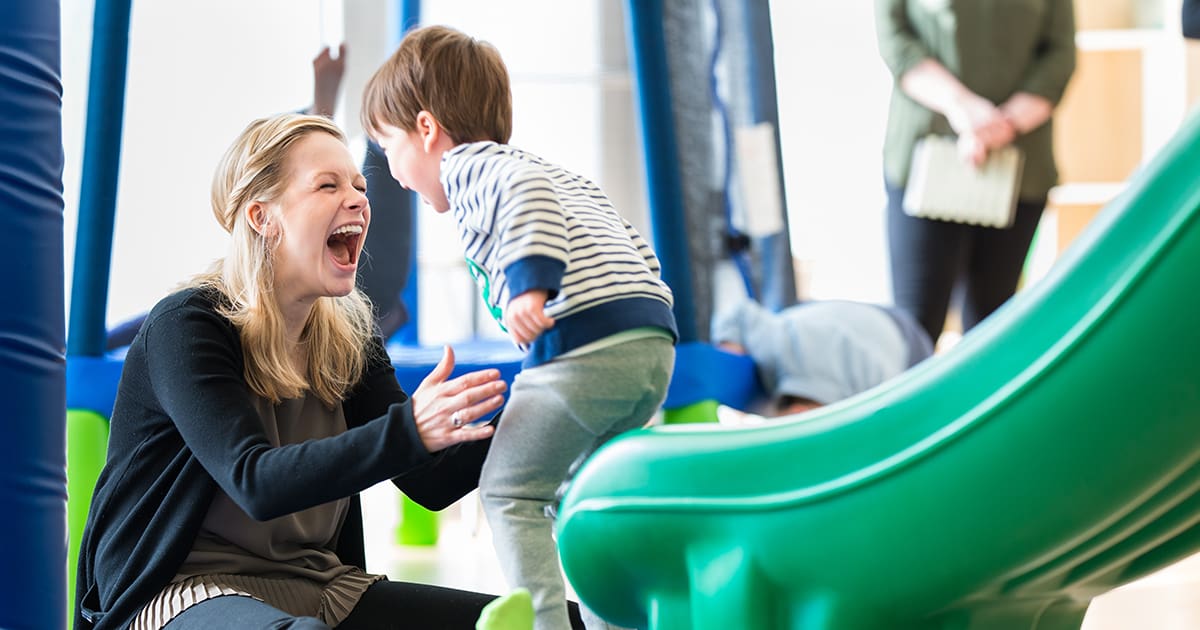Share this Post

For many young children, early learning isn’t just about ABCs and 123s—it’s about feeling safe in their environment, engaging with their surroundings, and building the foundational skills they need to thrive. For children with sensory processing challenges, sensory development plays a critical role in this journey. That’s where therapeutic preschool programs like CST Academy come in. By prioritizing sensory development within a structured, nurturing environment, CST Academy helps children build confidence, regulation, and readiness for lifelong learning.
At CST Academy, we understand that sensory development in a therapeutic program is not an add-on—it’s a foundational element. Our multidisciplinary team integrates sensory strategies into every part of the day to help children feel regulated, confident, and ready to learn.
In this article, we’ll explore how therapeutic preschool programs support sensory development through structured routines, personalized strategies, and the thoughtful use of sensory tools.
Sensory and Social Routines That Support Sensory Development
Children with sensory processing difficulties often struggle with unpredictability. Sudden transitions, unexpected sounds, or unfamiliar textures can create feelings of overwhelm that interfere with learning and social connection. Therapeutic preschools help counter this by providing predictable, nurturing routines that promote emotional safety.
At CST Academy, we use sensory-social routines that are intentionally structured and repeated daily. These include:
- Morning greetings with tactile input like high-fives or hand squeezes
- Movement-based circle time with rhythmic songs and motion
- Object-based play routines that offer hands-on learning in a controlled environment
By weaving sensory input into predictable social interactions, children gradually build tolerance and comfort. These routines not only support sensory regulation but also lay the groundwork for building reciprocal communication skills and peer connection.
Sensory Development in a Therapeutic Program: A Whole-Child Approach
Every child experiences the world differently, and in a therapeutic preschool setting, that’s not only recognized—it’s celebrated. At CST Academy, our occupational therapists, speech-language pathologists, behavior analysts, and educators work together to ensure each child receives individualized sensory support based on their unique needs.
Key strategies for promoting sensory development in a therapeutic program include:
- Sensory diets tailored to each child’s profile (e.g., deep pressure activities, proprioceptive input)
- Therapeutic classroom layouts that include calming corners, fidget zones, and soft lighting
- Multisensory lesson plans that incorporate touch, movement, sound, and visual elements
- Integrated therapy sessions where occupational therapy supports are embedded into classroom routines
This approach allows children to develop sensory tolerance, increase focus, and build independence in everyday activities. Whether it’s learning to sit for circle time or transitioning between tasks, every small success is built on a strong sensory foundation.
Sensory Tools and Toys: Purposeful Play That Promotes Progress
In a therapeutic preschool, play isn’t just for fun—it’s therapy in disguise. At CST Academy, we use specialized sensory toys and tools to create meaningful play experiences that target specific developmental goals.
Here are just a few examples of tools used to support sensory development:
- Weighted lap pads – provide calming deep pressure input during group activities
- Textured sensory bins – support tactile exploration and desensitization
- Balance boards and stepping stones – promote vestibular input and gross motor coordination
- Chewelry and resistance bands – offer safe oral motor and proprioceptive feedback
- Light-up toys and lava lamps – support visual tracking and visual sensory stimulation
Each tool is chosen with intention and embedded into a child’s daily routine. Whether it’s squeezing a stress ball during a transition or jumping on a mini-trampoline before table work, these tools are not just accessories—they’re interventions.
Empowering Children Through Sensory Support
When a child feels safe and regulated, they’re more likely to explore, take risks, and engage with the world. That’s the power of a therapeutic preschool that prioritizes sensory development.
At CST Academy, our goal is to create an environment where every child can:
- Feel calm and in control of their body
- Engage confidently in learning and social play
- Build the self-regulation skills needed for long-term success
Our team celebrates every milestone—whether it’s tolerating a new texture, participating in circle time, or joining a group activity without hesitation. These moments are the foundation for a lifetime of growth.
Is a Therapeutic Preschool Right for Your Child?
If your child struggles with sensory processing challenges, a therapeutic program focused on sensory development could make all the difference. Whether your child avoids loud noises, resists certain textures, or becomes overwhelmed in group settings, CST Academy provides the supportive structure and expert care they need to thrive.
We invite you to explore our program and learn how we can partner with your family to support your child’s unique journey.
Discover Our Pediatric Therapy & Autism Care
ABA Therapy
Support for children with autism.
Diagnostic Evaluation
Expert assessments to identify child needs.
Pediatric Therapy Services
Speech, Occupational, Feeding, and Physical Therapy.
Therapeutic Preschool & Kindergarten
A classroom environment designed for early learners with unique needs.

How CST Academy Supports Sensory Development in Therapeutic Preschool
Creating Sensory-Rich Experiences to Promote Growth and Engagement
Sensory development in therapeutic preschool settings is essential for helping children process and respond to the world around them. At CST Academy, our therapeutic preschool incorporates sensory-rich activities into daily routines to support regulation, focus, and motor skills. With personalized strategies and a play-based approach, we create an environment where every child can thrive through sensory exploration.

Find the Best Care for Your Child




